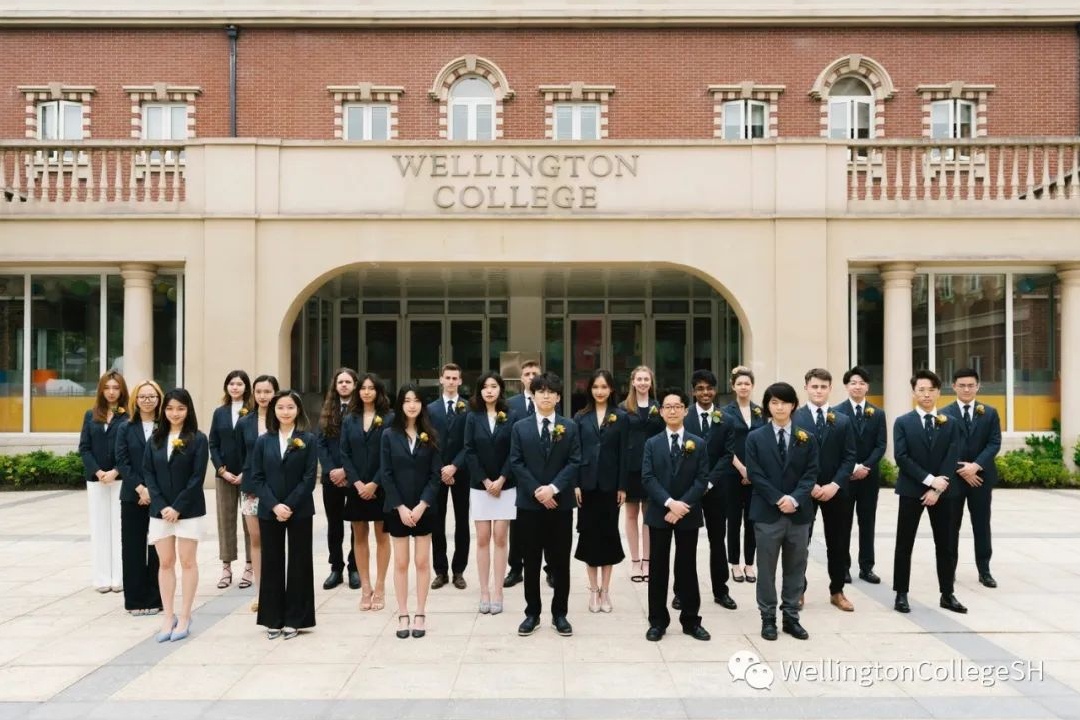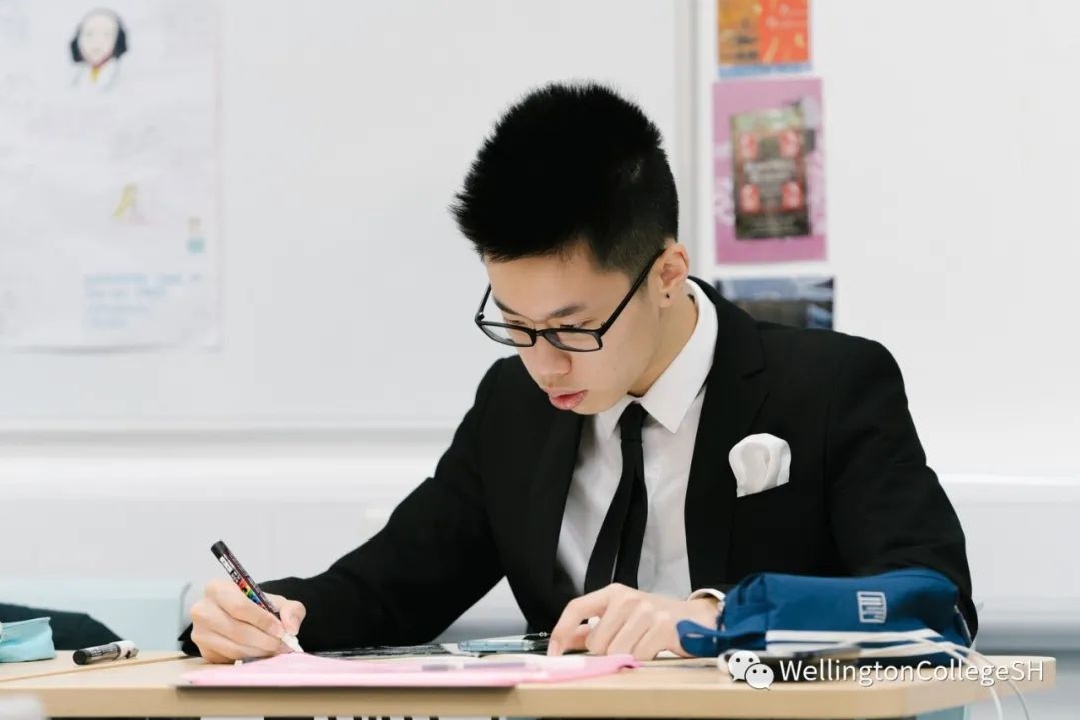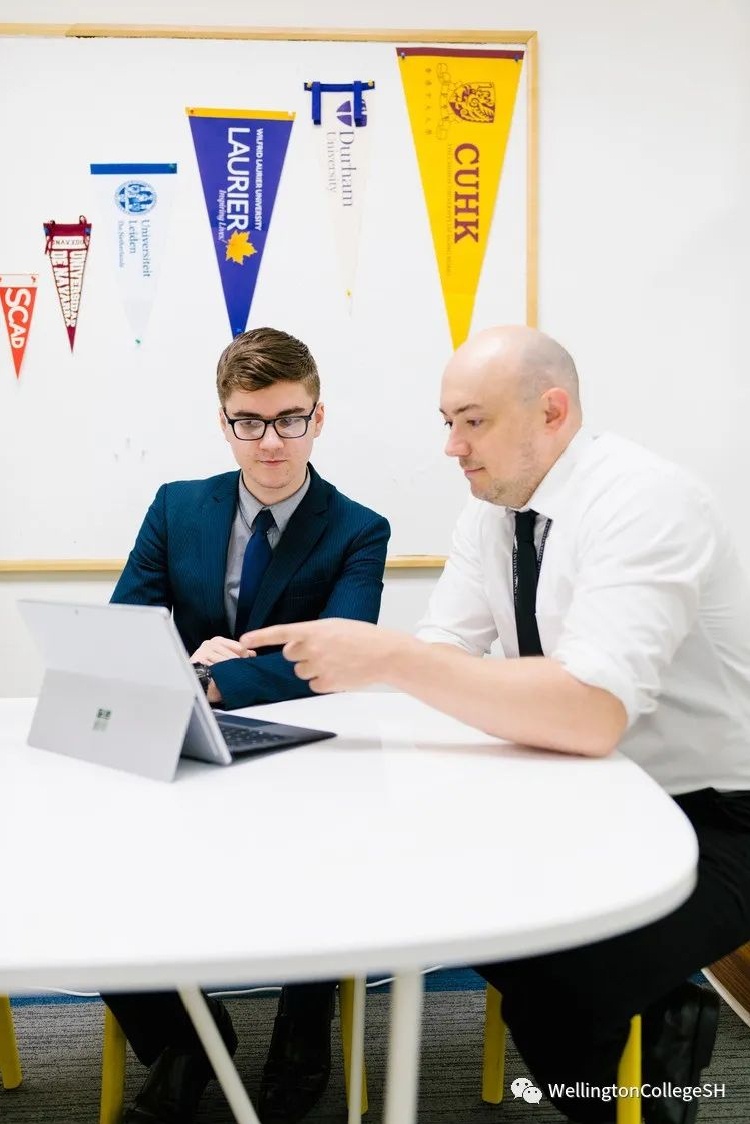Insights | Five key differences between UK and US universities

Joshua Beard
A happy and successful adult life is, in part, the result of professional satisfaction and financial security, and those things do not come easy. This is one reason why choosing the right university is so important: post-secondary degrees offer tremendous preparation for the future. Universities in the UK and US enjoy a great reputation and are consistently the top choice of pupils at international schools, but they differ significantly in the kinds of programmes they offer, the qualities they value in applicants, and even how they choose which applicants to admit. Here are five key differences between applying for university in the UK and US that all parents and pupils should know.

Wherever a pupil applies, their application will likely be judged primarily on their academic ability, but that is where the similarities end. UK universities will ask for predictions of the pupil’s final exam results, and conditional offers will be made based on those predictions. Moreover, they will want to ensure that their exam predictions closely match their intended course of study. US universities, on the other hand, will evaluate applicants primarily on the grades they have earned in their four years of school. The emphasis typically lies on the overall grade trends (always high, rising, falling) rather than any particular classes or subjects given that pupils often apply to the US undecided about their future major.

US university applications require standardised test scores like the SAT or ACT. These tests often serve to independently confirm the aptitudes suggested on a pupil’s transcript. Those applying to a UK school typically do not need such general test scores, but popular courses (law, medicine, etc.), as well as highly selective universities (Oxford, Cambridge), administer subject-specific tests to assess a pupil's abilities.

Universities in both destinations will require a substantial piece of writing. In the UK, it is the personal statement in which the pupil explains why they are well suited for the course to which they are applying. In the US, however, applicants are often asked to write an essay on a subject of their choice, provided it reveals something deeper about the applicant than what is included in the rest of the application.

Universities in both countries will ask that a person of authority writes on behalf of the applicant. In the UK, this is typically an academic reference, which, like the personal statement, explains why the applicant is a strong candidate for a specific course. Applicants for US schools often need to provide two or three letters of recommendation in which the author shares their thoughts on the pupil's performance in school or as a member of the community (but not necessarily as a candidate for a particular major).

The last piece of the application for most pupils is some evidence of activities they have done outside the classroom. In the UK, this typically appears in the personal statement and/or the academic reference, and activities are primarily mentioned to show the pupil is well prepared for their chosen course(s). In the US, a full list of activities is submitted, and the emphasis is instead on showing how the pupil pursued their passions — academic or otherwise — and contributed to their community, regardless of what major they intend to pursue.
If all this sounds like a lot, that is because it is! That is why the process ideally begins well before the pupil actually applies to university. The first step is to learn, both broadly and deeply, every day — not only from textbooks and lectures but also through engaged discussion, debates, independent research, scientific experiments, group projects and any other activities that develop their perspective and their potential. The second step is for pupils to reflect on the subjects and ways of learning that most excite them and then find out which universities in which destinations offer the best opportunities to keep pursuing these. Then, when it comes time to apply for universities, it is wise to break the application process up into smaller, more manageable tasks over a long period, leaving time for all the classwork and other aspects of life that also require a pupil's attention. These gradual steps, combined with a dedicated team of university guidance professionals, will ensure that your child gets the higher education that they deserve.

At Wellington, our university guidance team starts engaging our pupils as early as year 9 and monitors both their academic development and intellectual interests. As they proceed through their Senior School years, pupils receive more direct advice, including regular lessons, workshops and one-on-one sessions on every part of the application process.
We work with each pupil to identify their skills and interests. They receive ongoing counselling on cultivating the attributes that universities value. We teach them to think strategically when choosing their coursework and preparing for their admissions exams. Moreover, our team stays current on the always-changing admissions requirements at the world's best universities. Whether conducting mock interviews for Oxbridge or coaching them on how to write an effective personal statement, we are with our pupils every step of the way in the application and admissions process. So when the time comes to click 'send', pupils and their families can rest assured that their chosen path will lead to a bright future, wherever they may go.
Does your child exemplify academic excellence? If so, they may be eligible for a Wellington College International Shanghai Academic Scholarship. Every year, Wellington awards exceptional applicants up to 50% of annual tuition fees and up to 100% if they are entering year 12. To find out more information about what makes a good Wellington Scholar, please contact the admissions team by email at admissions.shanghai@wellingtoncollege.cn, by telephone at 021 5185 3885 or by connecting on WeChat: wcisadmissions

相关资讯













